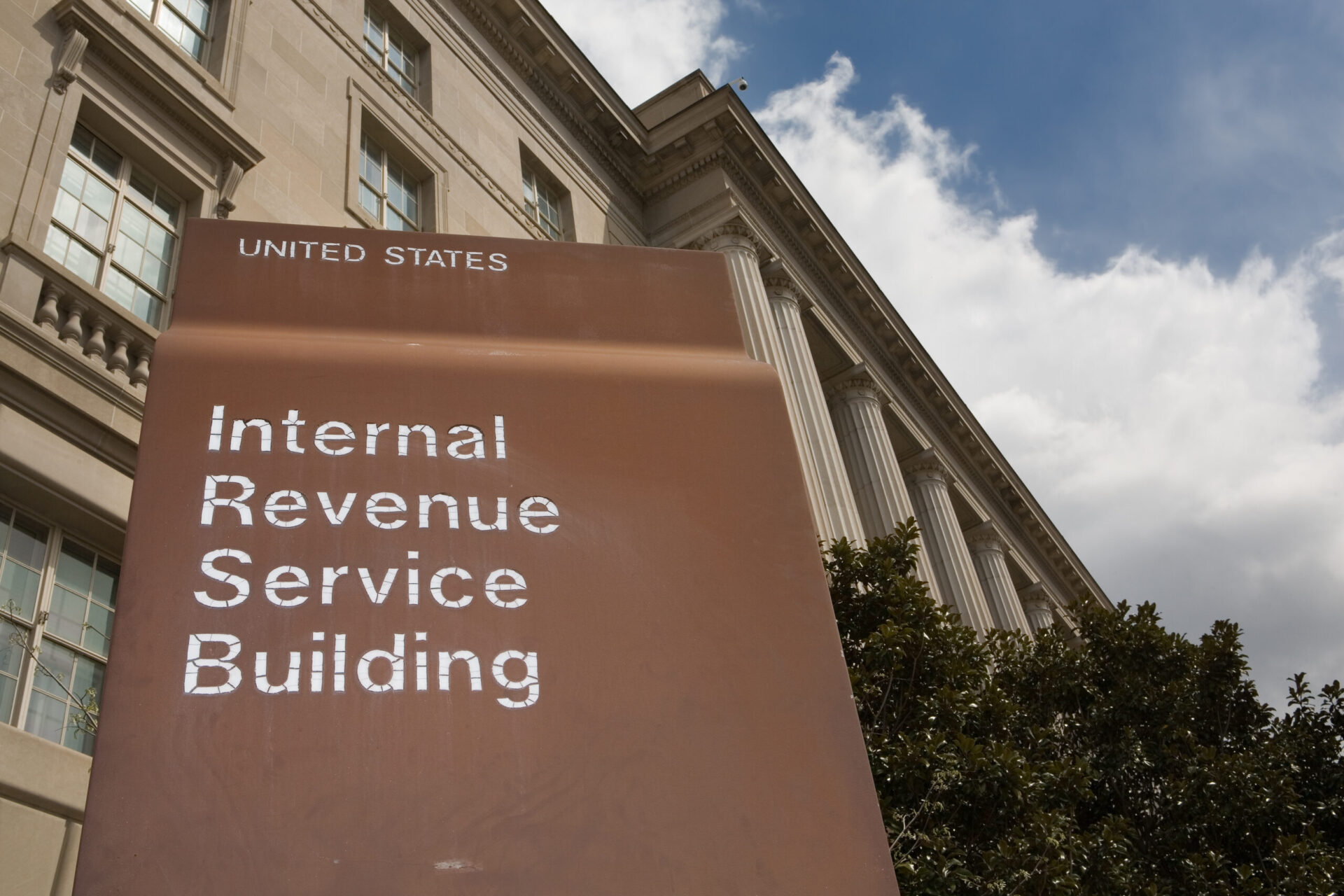During 2021, bills were introduced in Congress to expand on 2019’s Setting Every Community Up for Retirement Enhancement (SECURE) Act in what many anticipated would result in a “SECURE Act 2.0”. Despite broad, bi-partisan support for many of these provisions it appears less likely there will be a SECURE Act 2.0 in 2021 as the year draws to a close.
Bills introduced in the House, including the Securing a Strong Retirement Act of 2021 and the Improving Access to Retirement Savings Act, and in the Senate, the Retirement Security and Savings Act contain similar provisions which include:
- Automatic enrollment and automatic contribution increases for new retirement plans (current plans will be grandfathered)
- Increases the Required Minimum Distribution (RMD) age from 72 to 75
- Higher catch-up contributions for those participants aged 62 to 64
- Reduce the eligibility requirement from 3 years to 2 years for long term, part time employees
- Provide matching contributions for student loan payments
- Opportunity to create multiple employer 403(b) plans (similar to the pooled plans under the SECURE Act)
A recent retirement plan related bill introduced in the House is the Disaster Retirement Savings Act, which would provide relief for those affected by federally-declared natural disasters by allowing withdrawals from retirement plans without penalties. (This bill is the House companion to legislation introduced in the Senate earlier this year). The relief would be similar to what was provided under the CARES Act in response to COVID, with up to $100,000 withdrawals as “qualified disaster distributions” that may be re-contributed to the plan, as well as increased plan loan limits and a one-year deferral of loan payments. Both the House and Senate bills have bi-partisan support.
The original SECURE Act passed due to a last minute push and was signed on December 20, 2019. Its increasingly unlikely Congress will adopt a last minute SECURE Act 2.0 by the end of this year. However, there is a strong, bi-partisan commitment in Congress to help Americans successfully save for a secure retirement and it’s likely many of these provisions will be included in a SECURE Act 2.0 in 2022.
TC124699(1221)1


